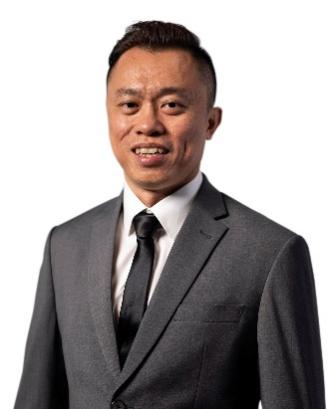关于马来亚大学周志安(Chee-Onn Chow)博士学术报告的通知
2024-01-08
浏览次数:253报告题目:Sparse Neural Compression for Cross-Device Federated Learning
报告人: 周志安(Chee-Onn Chow)博士,马来亚大学电子工程系系主任,副教授
报告时间:2024年1月11日周四10:00-11:00
报告地点:华工逸夫科学馆216会议室
欢迎广大师生参加!

摘要:
The widespread adoption of deep learning has raised significant concerns regarding individual data privacy. To address these issues, federated learning emerged as a promising and robust solution. However, despite its potential, the broad acceptance of federated learning is hindered by substantial communication overheads during the training process, particularly evident in cross-device scenarios prevalent in many Internet of Things (IoT) applications. This study introduces Sparse Neural Compression (SNC), a compression framework designed to mitigate this challenge. SNC leverages redundant data from local client updates and exploits the inherent balance between compression rates and distortion, resembling the functionality of the widely recognized variational autoencoder. By employing biased sparsity, SNC reduces computational complexity, further optimizing storage through a Fibonacci-based run-length encoding algorithm. Additionally, our approach incorporates an encryption layer, bolstering privacy protection. Through empirical evaluations across three progressively complex training tasks, SNC consistently outperforms existing compression techniques, achieving superior compression rates without compromising training quality or convergence efficiency.
Keywords: Federated learning, Sparse neural compression, internet of things, deep learning,
个人简历
Chee-Onn Chow(周志安) is the Head of the Department of Electrical Engineering, University of Malaya. He is the Senior Member of IEEE. He received his Doctorate of Engineering from the Tokai University, Japan in 2008. He has published more than 50 journal and conference papers and completed more than 20 research projects funded by national and international organizations. His research interests include various issues related to wireless communications, multimedia applications, machine learning and data analytics.
